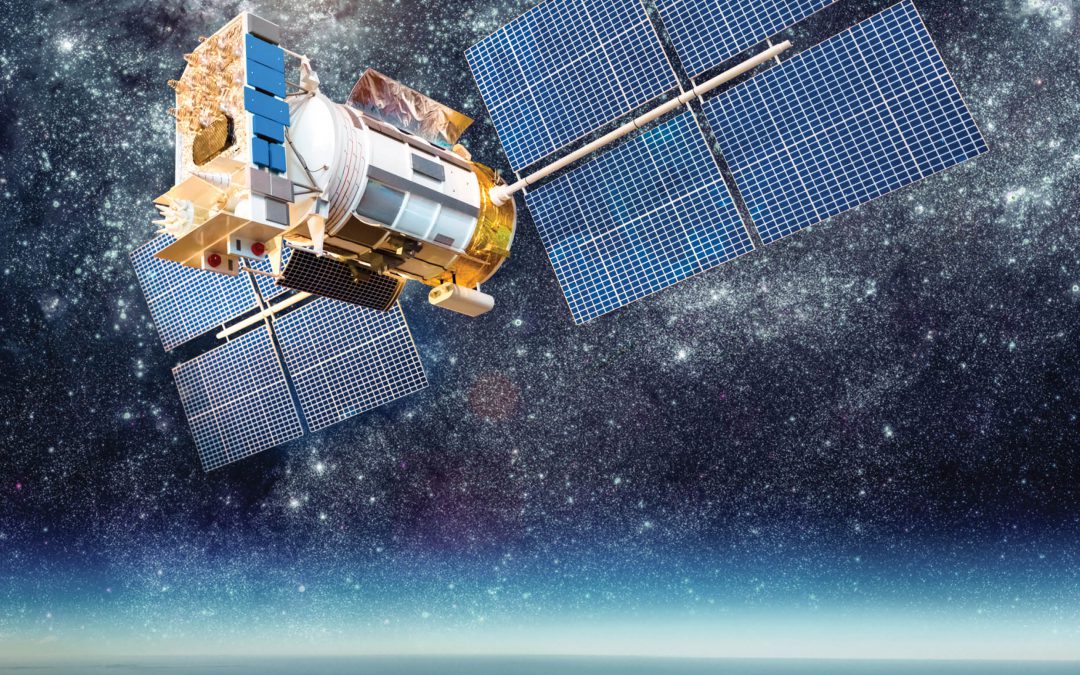
by admin | Mar 27, 2018 | engineering and tech, physical sciences
From the metal in our cars to the circuits in our phones, the materials we use in our everyday lives can be meticulously engineered on a molecular scale to suit our requirements. However, there are so many possible arrangements of atoms and molecules at this scale...

by admin | Mar 21, 2018 | physical sciences
Algorithms are everywhere. From the targeted ads that flood your Facebook feed, to the split-second decision making of self-driving cars, they can be surprisingly simple or considerably complicated. At the University of Nevada, Dr Tscherbul and his research team are...

by admin | Mar 8, 2018 | engineering and tech, physical sciences
Original Article Reference https://doi.org/10.33548/SCIENTIA80 Share Episode Tweet Share 0 Reddit +1 Pocket Pinterest 0 LinkedIn 0 Email VKontakte Transcription Original ARTICLE About this episode Some of the best ideas in science are ones that seem completely...

by admin | Mar 8, 2018 | earth and environment, engineering and tech, physical sciences
NASA’s satellite technologies have provided a wealth of data about the planet, and can be tailored into usable products to support major decision makers across the world. Vanessa M. Escobar and Molly E. Brown are working to bring these data products to decision-making...

by admin | Mar 5, 2018 | physical sciences
Molecules are relentlessly dynamic – vibrating, cartwheeling, and zigzagging in a restless hustle. In order to study molecular properties and interactions, their motions must be tamed to a certain degree. In particular, the ability to make molecules face in a specific...

by admin | Mar 5, 2018 | engineering and tech, physical sciences
Quantum mechanics has greatly improved the speeds at which computers make calculations, but new research shows that quantum computers can be made to run even faster. Professor Philip Walther and his team at the University of Vienna have shown that the very orders in...







